Irish Americans celebrate Earth Day and beyond with action and activism
The man who began it
Denis Hayes
Denis Hayes – recognized around the world as the founder of Earth Day with Senator Gaylord Nelson, recently looked back at a key moment in environmental history.
“In late January 1969, millions of gallons of crude oil began to pour into the waters off Santa Barbara, California,” the New York Times noted in 2022.
“It was the biggest oil spill in U.S. history at the time [though not anymore] – and it was televised. From their living rooms, Americans watched as sandy California beaches turned black and birds’ feathers were slathered in tar. The corpses of seals and dolphins washed in with the tide.”
It was a tipping point, said Hayes, now 78 years old.
“Santa Barbara brought it home to people – that this could affect the well-to-do, this could affect the poor and, of course, the natural environment,” said Hayes, who bore the title “national coordinator” of the first Earth Day.
“It began to weave all of these issues into a common narrative.”
As Irish America reported in 2017, Hayes’ “paternal grandparents emigrated from Ireland and eventually settled in Wisconsin.”
He has recalled youthful days filled with wonder at the stunning landscape – but also air clogged by pollution from local factories.
After graduating from Stanford, protesting the Vietnam War, and traveling around the world, Wisconsin’s Democratic senator, Gaylord Nelson, persuaded the budding environmental activist to organize what would become one of the biggest national demonstrations of the era – the first Earth Day, in 1970.
Fifty years later, Hayes told the Harvard Gazette: “One of the most important things – I think the most important thing – that Earth Day did was to take all of those different (activists) and weave them together into this fabric of modern environmentalism…and be much stronger as a whole than they were individually. I remember this one passionate conversation with the then-president of the Audubon Society. He basically said, ‘What the hell does clean air have to do with birds?’ After Earth Day, nobody would say something that absurd.”
Embracing Green Advocates
Noreen Doyle, Hudson River Park
Not many people can say they regularly enjoy the wide open spaces of Donegal as well as Manhattan, where as President & CEO of the Hudson River Park Trust, Noreen Doyle spends many of her New York days away from clogged streets and skyscraper shadows.
She oversees an urban park system that stretches along four miles of Manhattan’s west side, and attracts an estimated 17 million annual visitors.
“Right now, I’m most interested in issues related to our water systems, both personally and professionally,” said Doyle, whose mother, Mary Gildea, came to the U.S. from Kilcar, Donegal.
“She is part of a very large family, many of whom still live in Kilcar, with many others in Brooklyn, England, Australia, and other places where Irish people emigrated.”
Doyle adds: “I’ve been fortunate to go to Ireland many times. Most often, it’s been to Donegal to visit family. I love walking in the wild open spaces where land meets sea.”
Doyle has worked along the Hudson River for almost two decades now. Aside from maintaining the park’s piers and walkways, the Trust aims to introduce visitors of all ages to the importance of water health and the abundance of fish species – 85, by Doyle’s count – that “make their home in Hudson River Park, including seahorses.”
Doyle also finds herself talking a lot about how to keep New York’s waterways thriving.
“Plastic pollution, discharges and climate change are all issues that affect the health of this wildlife.”
Doyle can’t help but think she gravitated to this work because of her Irish roots.
“Maybe on some unconscious level. The fact that Ireland is an island partly explains my family’s love of the water – maybe it’s in our blood.”
Cardinal Robert McElroy
When you think of San Diego, you probably think of sunshine.
So does Cardinal Robert McElroy.
Which is one reason why so many church-affiliated buildings in the California city now have solar panels.
McElroy is one of the top supporters of the themes of Pope Francis in the U.S., including on environmental issues, the National Catholic Reporter (NCR) noted recently.
This includes the message of the pope’s landmark encyclical Laudato Si: On Care for Our Common Home.
“McElroy has been among the most outspoken in addressing climate change and environmental justice, but also transforming the encyclical’s words into actions.”
Last summer, Pope Francis officially elevated McElroy to the position of cardinal.
Now, the Irish American prelate combines two of his passions – faith and the environment.
The founder of the Catholic Climate Covenant, Jose Aguto, recently said: “Among the bishops, [McElroy] is one of our best leaders on Laudato Si. He certainly has spoken a lot about it, but within the Diocese of San Diego they’ve also acted quite a bit on it.”
More than half of the parishes in San Diego have installed solar panels, and the diocese has aligned itself with green initiatives led by the Vatican as well as the U.S. Congress.
McElroy himself has even described the environment as a “core life issue,” adding: “It’d be very important for the church at all levels in the United States to begin making clear where the truth of science points us (on climate change).”
Brian O’Donnell, Campaign for Nature
Brian O’Donnell’s activism is closely tied to his roots. “My family has always had a strong tie to Ireland,” he says.
“My grandparent’s house, where I lived when I was in high school, was filled with Irish sayings and the O’Donnell Family Coat of Arms. They instilled a strong sense of pride in our Irish heritage.”
In addition, former president of Ireland, Mary Robinson, is on the Global Steering Committee of The Campaign for Nature (CFN), where O’Donnell’s work as Director requires him to meet regularly with world government leaders.
CFN has set a goal to protect “30 percent of the planet by 2030.”
Its mission statement adds: “The loss of nature poses a grave threat to our clean air and drinking water, the survival of wildlife, the prosperity of communities, and nature’s ability to protect us from natural disasters, future pandemics, and other intensifying impacts of climate change…If we act now, we can still secure a better future for the planet, its wildlife and ourselves.
O’Donnell told Irish America: “The largest decline in species globally is due to land use degradation and over-exploitation of the oceans. … Protecting at least 30 percent of the world’s lands and oceans will help prevent extinctions. Ireland and the U.S. have both supported this global goal in international agreements.”
A recent CFN project sent O’Donnell off to Panama, before he moves on to work in Zambia, and also prepares for the upcoming G7 meetings in Japan.
O’Donnell, who grew up in Massachusetts and now lives in Durango, Colorado, believes his Irish ancestors began coming to the U.S. around the time of the Famine.
“Knowing the history of Ireland and its struggle for independence has given me a greater sense of how to approach international conservation work in countries that have a history of being colonized, and the need for their self-determination.”
He’s also proud to be part of a long history of Irish collaboration with Native Americans.
“I’ve worked with several Native American tribes who know that history. It’s made it easier to build trust and working relationships with tribal leaders.”
And just as his heritage connects O’Donnell to other communities, it’s also strengthened family bonds.
“I had a great trip to Ireland with my parents before they passed away – with my wife and my brothers and their spouses. We rented a van and traveled around the country.”
Particularly memorable, he says, was the visit to O’Donnell Castle in Donegal.
“Now I just need to take my daughter there.”
Kevin O’Keefe, Activist, Performer
Kevin O’Keefe is a walking, talking – often, very colorful – refutation of the stereotype that environmentalists are earnest or humorless people.
O’Keefe teaches – and performs – in what he calls “the circus tradition.”
Which you could say makes him a bit of a clown.
“I want to use circus and circus sideshows as a way of cutting through climate denial, but not overwhelm or panic. To use this form to address the single most important issue facing our society. That’s part of my responsibility as an artist,” says O’Keefe, who founded a group called Circus Minimus in 1985, and still performs with schools and community groups across the country.
Much of his work uses comedy to achieve environmental or educational goals. Last July 4, for example, O’Keefe performed at a parade in Brattleboro, Vermont.
On the one hand, it was a scene out of Norman Rockwell – parades, flags, children. On the other hand, it was Brattleboro, famed for its hippy vibe.
And so there was O’Keefe, dipping into a bucket and pulling out environmental messages, such as: “Humankind, animal kind, and earth are ALL one, all belong to the same home.”
O’Keefe told Irish America that a 1998 trip to Ireland “changed my life.”
“I went to my great-great grandfather’s blacksmith shop. And also got engaged in Galway. I reconnected in a deep visceral way to my roots.”
He added: “[My ancestor] Peter Smith came from Montesevrin, outside Dublin around 1888. As it was told to me by an uncle of mine when I visited, ‘It was from this room, Kevin, that … Peter made his decision to go to America.”
O’Keefe says there was no land in Ireland for Smith, since he was the third son. So, he took the blacksmith skills he learned at his father’s forge and went to the U.S.
“He worked for the New York police department in the Bronx – shoeing their horses.”
It’s fitting, then, that O’Keefe continues to work to make sure all creatures have a healthy planet to live on.
Bill Sheehan, Riverkeeper
Bill Sheehan’s life has been defined by water. “My grandfather’s name was Daniel Sheehan, and he worked on the Hoboken Waterfront. My father served in the Army during World War II and returned to New Jersey to work on the DL&W railroad marine division as a Barge Captain.”
Then, of course, there are the ancestors who crossed the Atlantic from (Sheehan believes) Cork, as well as his own 21st Century efforts to clean up the northeast’s oceans.
Sheehan is the Executive Director of Hackensack Riverkeeper (HR), part of a nationwide “Waterkeeper Alliance” dedicated to improving water quality.
Waterkeeper touts itself as “the largest and fastest-growing nonprofit solely focused on clean water,” and seeks to “preserve and protect water by connecting local Waterkeeper groups worldwide.”
“Captain Bill,” as most people call him, adds: “Priority number one is water quality and priority two is climate change.”
In addition to his HR work, Sheehan is a founding and active member of several other water and environmental groups, including the Meadowlands Conservation Trust, which manages properties in the Jersey Meadowlands and Hackensack River watershed area.
Captain Bill believes an Irish way with words has helped him teach valuable lessons and win over skeptics.
“I inherited the gift of gab and the ability to educate people via storytelling. That’s a big part of our success.”
Deirdre Shelly, Sunrise Movement
Deirdre Shelly has taken many family vacations down at the Jersey Shore, so when she was in Ireland a few years back, she couldn’t help thinking: “I loved being on the other side of the ocean. I loved the coastal landscape and had a great time in Dingle specifically. I know, I’ll be back.”
Until then, Shelly is at the forefront of the Sunrise Movement’s (SM) efforts to encourage a shift from fossil fuels to more efficient energies.
SM describes itself as “the climate revolution,” and is guided by 11 principles, including: “We grow our power through organizing our communities.”
And: “We are full of determination, fire, and hope.”
And: “We are in solidarity with other movements for change.”
SM works to attract younger people to environmental causes and action, supporting what they refer to as a “Green New Deal” for schools.
Shelly’s work as SM’s Campaign Director often puts her in the public eye, and she has been quoted recently in The New York Times, as well as The New Republic and Time magazines.
“I got involved in climate work after my grandmother lost her home in Hurricane Sandy,” Shelly explains. “Some of my best memories are going to the beach with my very large Irish Catholic family and I want my kids to be able to enjoy the shore and time with their cousins.”
Shelly has Irish heritage on both sides of her family.
Her paternal grandmother was born in the U.S. to “parents from Galway and Northern Ireland who came over in the 1900s,” while her mother’s roots are in Longford, Donegal and Tipperary.
Shelly is hoping, in the future, to visit Northern Ireland – and also take a brief respite from activism.
“I want to see some of the places my family is from. And I want to sit in a quiet cottage and just read!”
Maura Toomey, Environmental Educator
Maura Toomey was five years old when she went to Ireland with her parents, who purchased a wool sweater while on the trip.
“I still have and wear that sweater – even with giant elbow holes,” Toomey told Irish America. “It was too big when I was 5. So, I’ve had that sweater for over 25 years now.”
This bit of family history also illustrates Toomey’s dedication to the planet. She has worked with groups like Clean Water Action, and is currently focusing on recycling, waste reduction and agriculture projects.
“As my career in zero waste advocacy has gone on, I’m less and less willing to stop wearing that Irish sweater. Wool and natural fibers are so much better for the planet – no microplastics! It’s the opposite of fast fashion.”
Toomey’s paternal grandmother was born in Ballyshannon and came to the U.S. through Ellis Island in the 1920s. Her father’s family settled in Queens while her mother settled in Newark, New Jersey.
“Right now, my environmental priorities fall under the categories of zero waste and regenerative agriculture. I’m currently working with a local urban farm to establish community composting systems.”
Toomey took another extended trip to Ireland while she was in college.
“It is true what they say, that the people are genuinely so friendly and generous. A group of old men playing a session midday in an otherwise empty pub encouraged me to sing with them – I am not a great singer, but…”
Toomey’s current priorities include “valuing and preserving natural resources while designing or restoring positive sustainable ways for humans to interact with nature.”
She even recalled one particularly memorable “interaction with nature” while strolling along the Irish coast.
“These farm dogs came gleefully running up to me on an empty beach,” Toomey noted. “They were excited to show me the rabbit they hunted.”

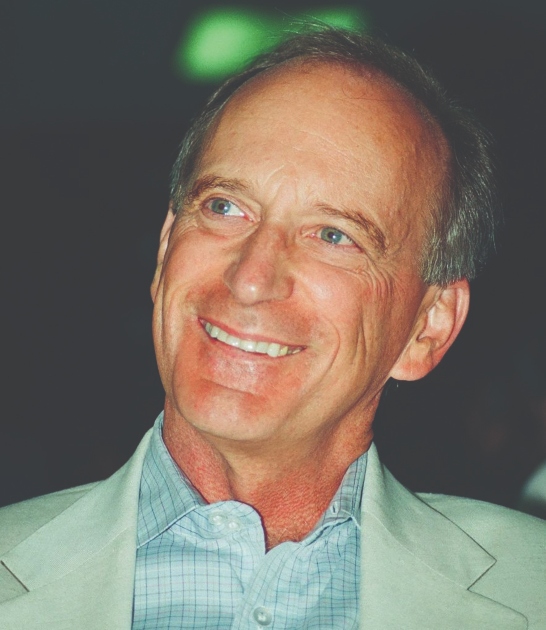
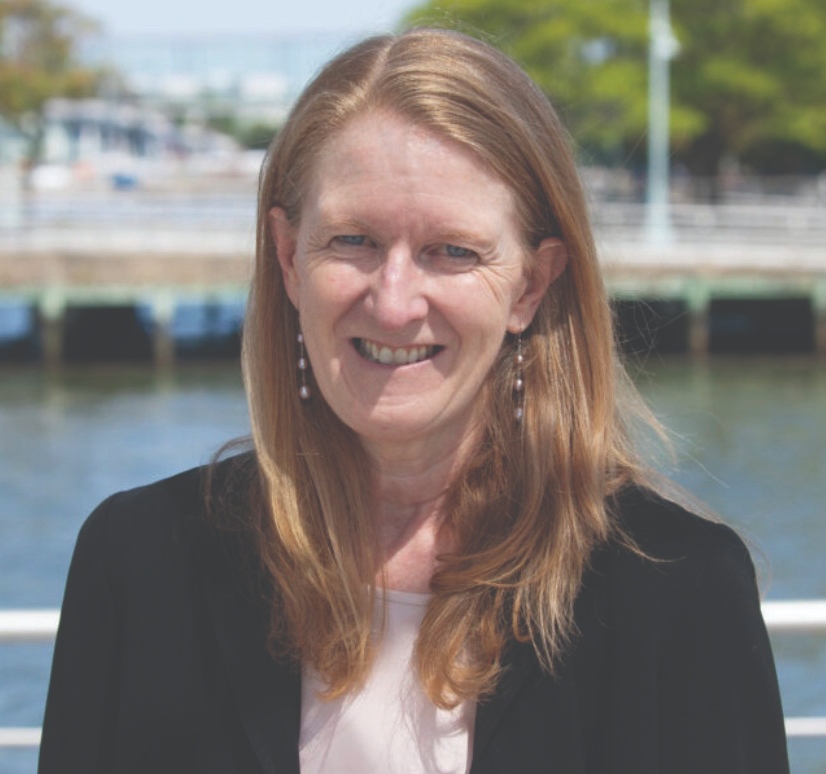
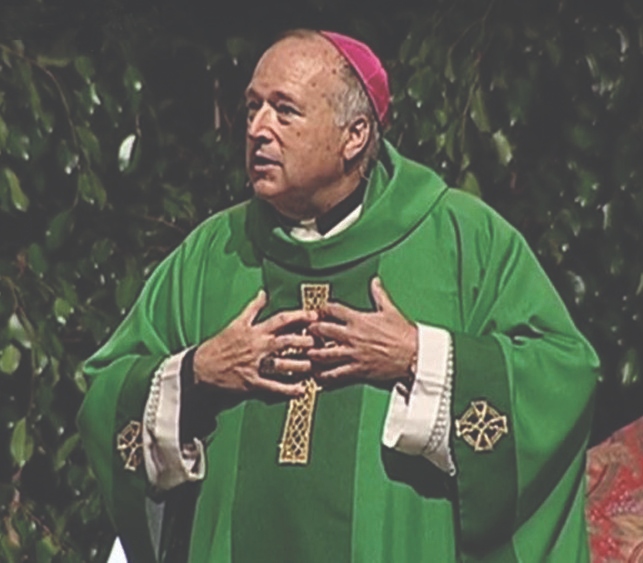
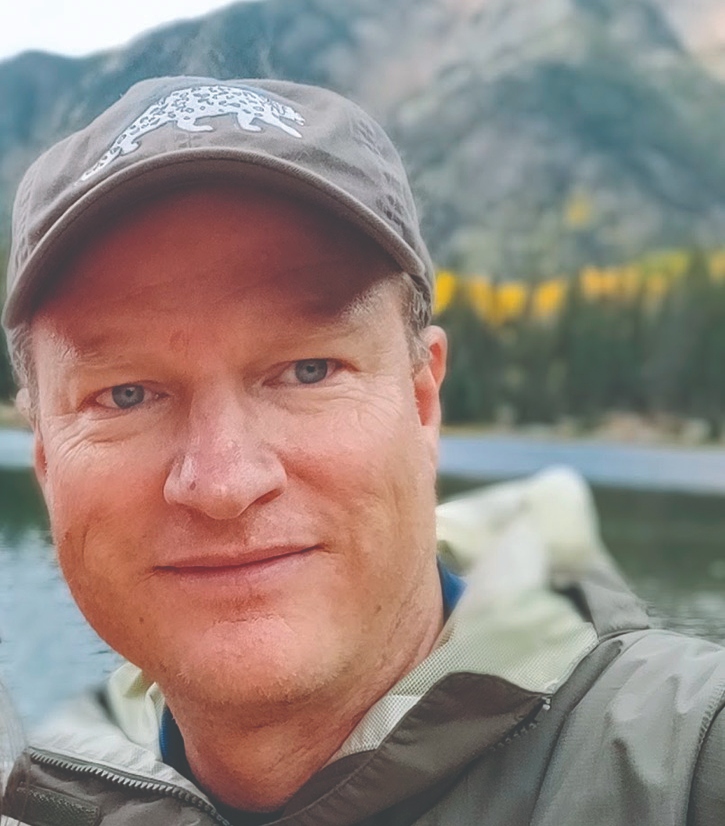
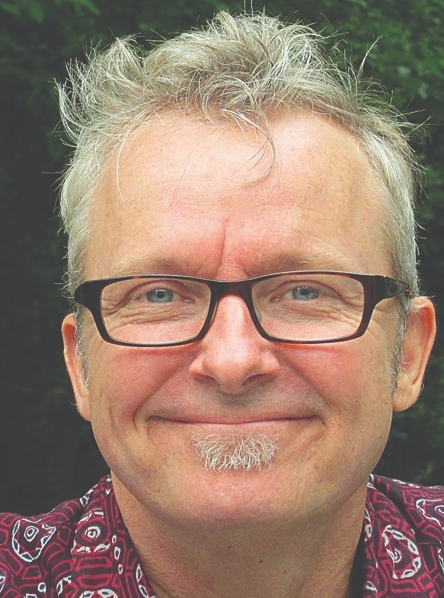
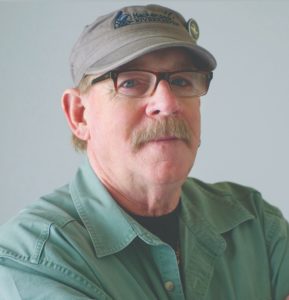
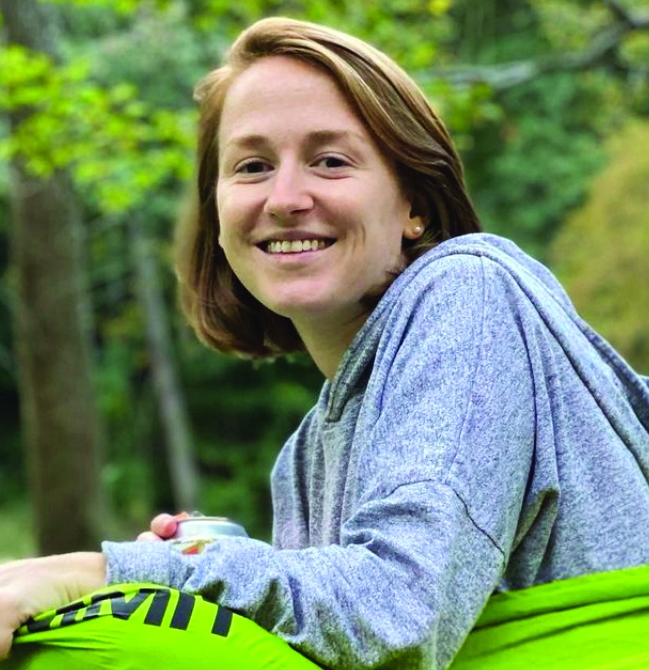
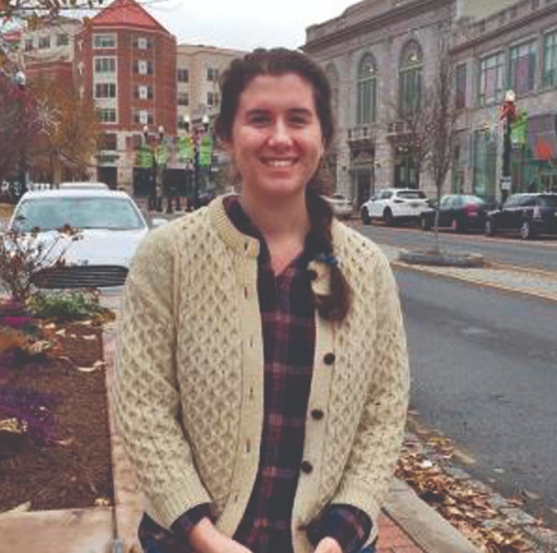
Leave a Reply